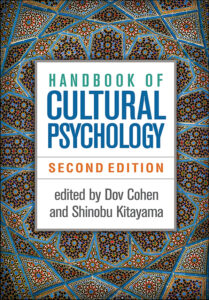This chapter lays the groundwork for a cultural-psychological perspective on acculturation. We propose that acculturation is just another example of the mutual constitution of culture and psyche. When people have new cultural experiences, these may not only change how they feel and think about their new or heritage culture (explicit affiliation) but also align their thinking, feeling, and acting with the demands of the new cultural environment. To date, most research on acculturation has focused on the former: immigrant minorities’ attitudes and identities that explicitly endorsed affiliations with their heritage and majority cultural context. Yet an emerging line of research documents how acculturation affects emotion, personality, and other psychological processes that reflect minorities’ cultural affiliations more implicitly. Reviewing both explicit and implicit acculturation studies through a cultural lense, we outline the important role of the sociocultural context in shaping both the nature and the outcomes of minorities’ acculturative changes. In closing, we set an agenda for how future research may advance our cultural-psycho‑ logical understanding of acculturation.





